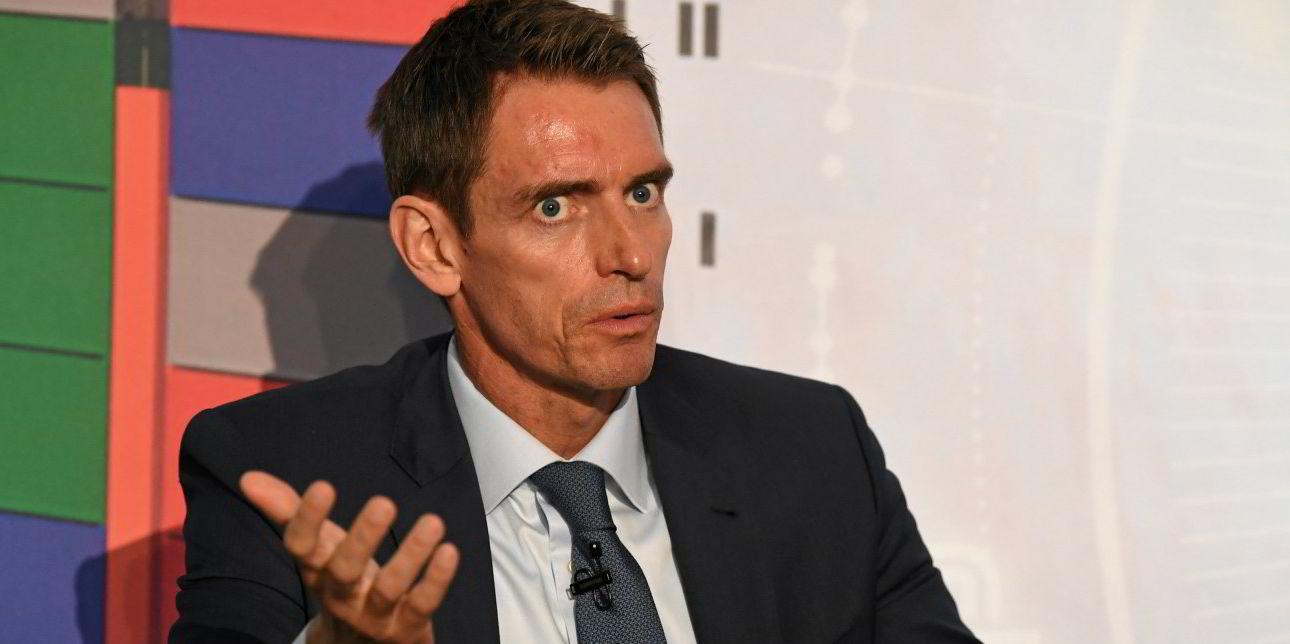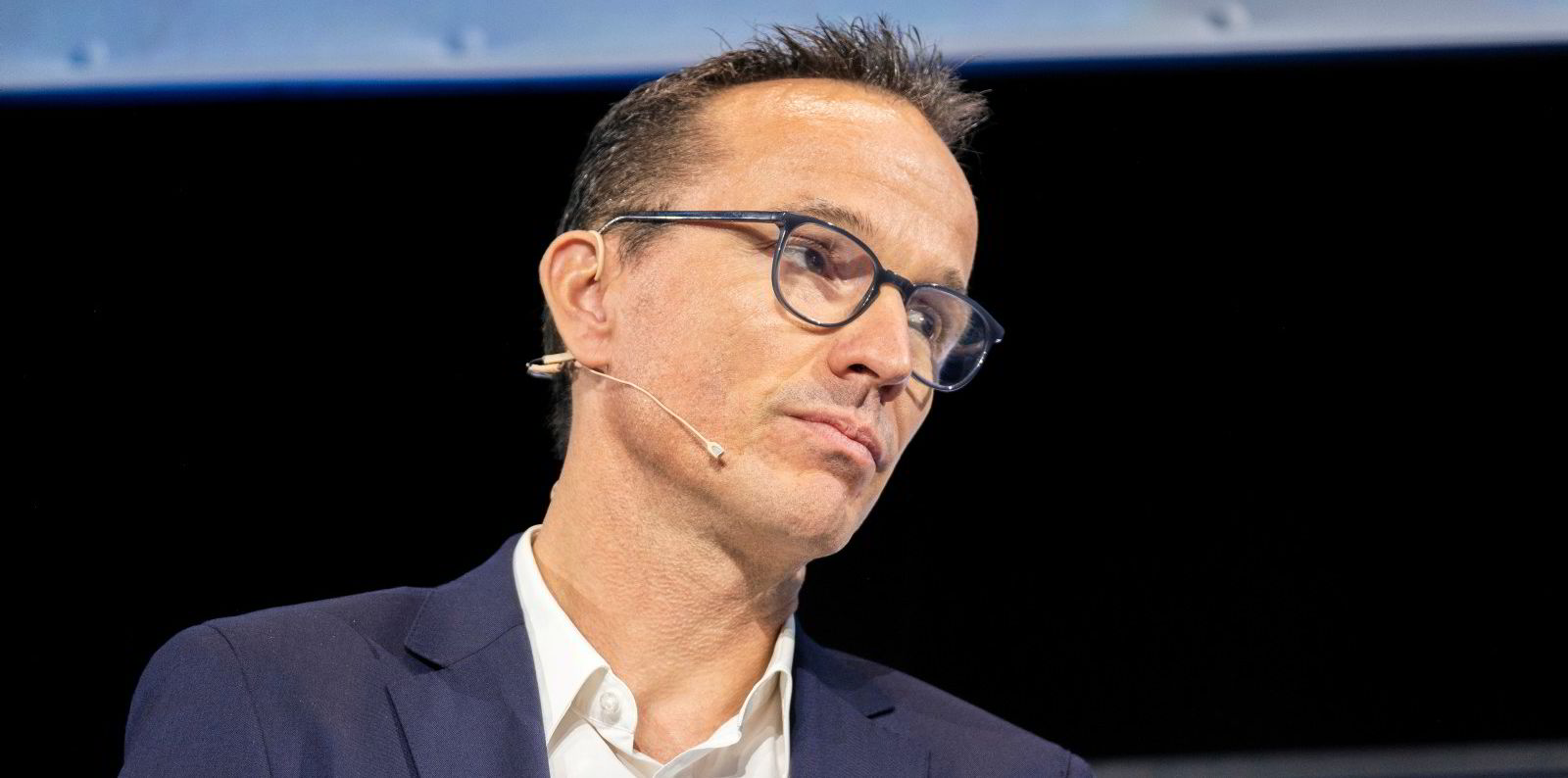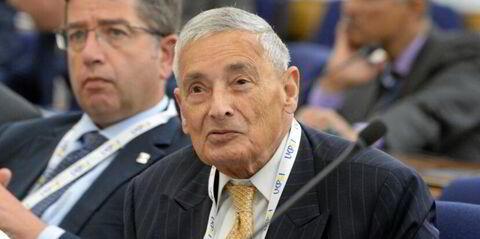Ship charterers and operators representing more than 15% of bulk cargo transported by sea in 2021 have policies in alignment with International Maritime Organization goals to halve emissions by 2050, the first Sea Cargo Charter report shows.
Twelve of the first 25 signatories to the charter, set up in October 2020, are aligned with the IMO’s initial greenhouse gas strategy, the report added.
The group aims to announce its 34th member soon, but companies joining after September 2021 are not required to report before 2023.
Companies reporting this year are ADM, Anglo American, Bunge, Cargill, Cofco International, Copenhagen Commercial Platform, Diamond Bulk Carriers, Dow, Eagle Bulk, Enviva, Equinor, Gunvor, Holcim Trading, Klaveness Combination Carriers (KCC), Louis Dreyfus Co, Maersk Tankers, Norden, Nova Marine, NYK Bulkship (Atlantic), Shell, Signal Maritime Services, Tata Steel, Torvald Klaveness, TotalEnergies and Trafigura.
They reported 84% of their annual chartering activity for 2021 on average, being unable to obtain data from shipowners or operators for the remaining voyages
The report said their average climate alignment score added up to a 2.7% misalignment with the IMO’s decarbonisation trajectory.
Scores for individual companies ranged from -26.1% to 46.2%, with a negative score implying alignment to the trajectory and a positive denoting misalignment. Some 60% had a score of +5% or less.
Annual activity was, on average, well aligned for oil tankers, with bulk carriers being only marginally misaligned.
Smaller vessels across all types are less aligned than larger ships, partly due to a high diversity of designs and heterogeneous operating profiles even within the same categories.
KCC said its annual climate alignment score came in at 3.3% above the trajectory for bulkers, including the performance of its combination carriers and chartered-in standard bulkers.
But it said the measurement is not fully suitable for the combination carriers, which also operate as tankers.
“It is an important milestone for us, and the shipping industry,” said KCC chief executive Engebret Dahm.
“The reporting reveals the need to work across the industry to deliver large cuts in carbon emission over the coming years through improvements in trading, operational and energy efficiency.
“Our participation in Sea Cargo Charter is an important inspiration for us to reach our decarbonisation targets. We are pleased to see that more and more cargo owners and shipowners have joined as signatories to Sea Cargo Charter, establishing Sea Cargo Charter as the reference for decarbonisation in dry bulk and tanker industry.”
In the report’s foreword, Rasmus Bach Nielsen, global head of fuel decarbonisation at Trafigura and vice chair of the Sea Cargo Charter Association, said the first results are a huge step in the right direction but acknowledged that the methodology needs to be strengthened.
“Even best practice activities in some cases did not perform as well as expected against the decarbonisation trajectory,” he said.
The report highlighted particular issues with accuracy for liquefied gas carriers and chemical tankers, for which it said alignment is subject to some methodological uncertainty.
“We aim to address any weaknesses in the methodology so that it incentivises responsible behaviour to the greatest extent possible,” Bach Nielsen said.
The report was the first disclosure of climate alignment using the Energy Efficiency Operational Indicator as a metric, being a wider set of data than the Annual Efficiency Ratio to measure carbon intensity used by shipping banks in the Poseidon Principles, which helped inspire development of the Sea Cargo Charter.
Information such as the amount of fuel consumed, the distance travelled and the amount of cargo transported for each voyage was used. However, the report said gaining access to this data is not simple.
The document gives individual scores for companies reporting, but Bach Nielsen cautioned against using it as a league table of results.
It was produced by the Global Maritime Forum, which performs secretariat services for the Sea Cargo Charter, with expert support provided by University Maritime Advisory Services and Smart Freight Centre.






